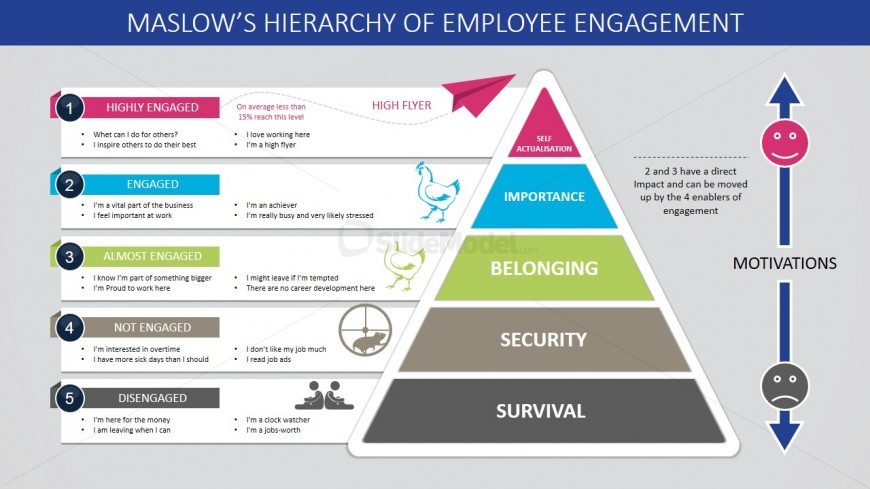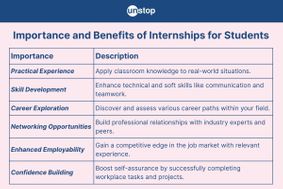6 Techniques To Make Your Employee Engagement Go Viral!

Artificial Intelligence has augmented human potential in myriad ways. With the help of data-driven decision making, businesses have benefited tremendously in terms of time, productivity and ultimately profit. Digital transformation has made its way to human resources management in a big way. How? Let’s find out.
It was in 1991 when Professor David Gelernter in his book, “Mirror Worlds: Or the Day Software Puts the Universe in a Shoebox...How It Will Happen and What It Will Mean”, predicted about the mirror world where people and software will work hand-in-hand. Businesses nowadays are experimenting with novel HR procedures, automating them to minimise manual intervention in repeating activities in order to decrease duplication, holding the prediction to be true.
Why is employee engagement important to businesses?
Employee engagement has become a rising trend amongst organizations as it has a direct correlation to increased revenue rates. Employers are increasingly investing in HR technology to improve efficiency, quality of work, and retention of top personnel. According to a recent research by the American Management Association (AMA), employee engagement is seen as vital by 71% of managers.
Engaged employees are more likely to invest in themselves, which enhances their productivity and job quality. Delighted employees also tend to stay motivated and take their work more seriously. In essence, the more engaged an organization's people are, the more successful it will be as a whole.
How can technology assist HRs in fostering employee engagement?
Employees who are happy and productive are more likely to stay in their jobs. They are also more likely to provide excellent customer service and value to stakeholders. Other benefits include reduced worker turnover and an overall boost in efficiency. The bottom line is that an engaged office team makes organisations function more smoothly and promotes a stress-free atmosphere so that greater issues can be handled and more attention is placed on the company's performance and business outcomes.

Companies are adopting HR technology at a faster rate in order to provide better service to clients and maintain a competitive advantage in the business world. This includes demand management and staff performance evaluations as well as interviews, recruitment and selection, among others. They should be adopted by organisations to improve their performance. For organisations to enhance employee engagement, consider the following technologies.
1. Technology in the Recruitment Process
Employer recruitment begins an employee's relationship with a firm. As a result, it is one of the most significant and challenging responsibilities in any company. However, technological advancements have made this considerably easier and more efficient. What are the benefits?
- ATS (Applicant Tracking System) – Company recruiting and hiring tools are made possible by Applicant Tracking Systems (ATS). Resumes are collected from applicants, sorted according to predetermined parameters and results are shown. The Oracle Taleo, Bullhorn, and IBM Kenexa BrassRing, are some of the examples of ATS.
- E-Induction – Introducing newcomers in this manner is ideal. One of the most successful methods to expose new employees to the company's culture and rules is through a well-planned induction programme. The firm should model and promote its fundamental principles, resulting in a strong bond between the employers and employees, and higher levels of engagement and loyalty.
- Automating the talent acquisition process using artificial intelligence applications such as semantic analysis of applicant profiles against pre-set job roles and responsibilities and psychometric evaluation of prospects, for example, accelerates the process.
2. Effective employee communication and coordination
The impact of excellent internal communication in any business is enormous. Communication, both online and offline, is critical to employee engagement. For example, employers should ensure that all employees are up-to-date on corporate news. In addition to the use of e-mail, WhatsApp updates, newsletters, and frequent meetings, it is important to use other communication channels. It has been shown that good communication may enhance motivation and productivity in the workplace. Some of the other communication methods that HRs of an organization can adopt are:
- Podcasts
- Video conferences
- Social media network
- Online contest platforms
3. Increase workplace productivity
Employees are typically overburdened with many tasks and positions at work, which impedes productivity. Different activities may be streamlined with the aid of software, which can help increase productivity. The Enterprise Resource Planning (ERP) system, for example, helps businesses manage their day-to-day business activities such as accounting and procurement as well as project management as well as risk management and compliance, and supply chain operations. When everything is in sync with technology, employees can be more productive.
It’s all about learning and growing!
Quick learning has become more important for companies in today's fast-paced environment. Employee success depends on the use of multi-device, multi-format learning media, and online learning tools for remote working. Thus, gamified learning apps and microlearning platforms should be investigated to generate a learning pull for the employee.
4. Performance Management
Performance Management is one of the most important jobs for every organisation. A company's level of service is determined by how well its employees perform. It is, however, a laborious and error-prone process to manually keep track of every employee. Artificial Intelligence (AI) offers a solution for this, as well. Use AI for:
- Automation in performance reviews
- Unbiased results
- Continuous real-time assessments
- Efficient talent management
- Robust data analytics
- Advanced insights & error-free output
and get the best of the results in performance management.
5. Share your thoughts!
It's important for managers to communicate with their employees and set up feedback or review sessions based on needs. As a result, individuals are more engaged because they have a greater understanding of what they have done. A variety of feedback tools are available to assist managers rapidly offer assessments of their employees' work performance and abilities, thus benefiting both the employer and the employee.
6. Employee well-being first
Covid-19 has pushed health to the forefront of our minds. Employees dedicate themselves to the company's interests; thus, HR must take necessary measures to ensure their well-being. Work-life balance may be achieved using a variety of apps and solutions.
When it comes to helping employees with their daily difficulties or issues, companies have the option of using AI-chatbots, sentiment analytics tools, and social media analytics. Knowing that their employer cares about them, allows employees to better focus on other tasks and perform at their best.
As a result of technological advancements, HR executives are better able to make better decisions and promote workplace fairness. Contrary to the popular belief that machines would eventually replace humans, digital transformation has made time-consuming and tedious tasks more convenient and efficient.
You should also read:
- Advantages and Disadvantages of Python - How it has taken over the world of programming?
- Computer network 101: Advantages and disadvantages
- Walmart, Myntra, Intuit, Tata Class Edge and 25+ companies are hiring freshers at packages up to INR 32 LPA!
- 'Consulting is the most-sought after sector' - Really? This survey revealing top dream companies of MBA students speaks otherwise!
Login to continue reading
And access exclusive content, personalized recommendations, and career-boosting opportunities.














Comments
Add comment